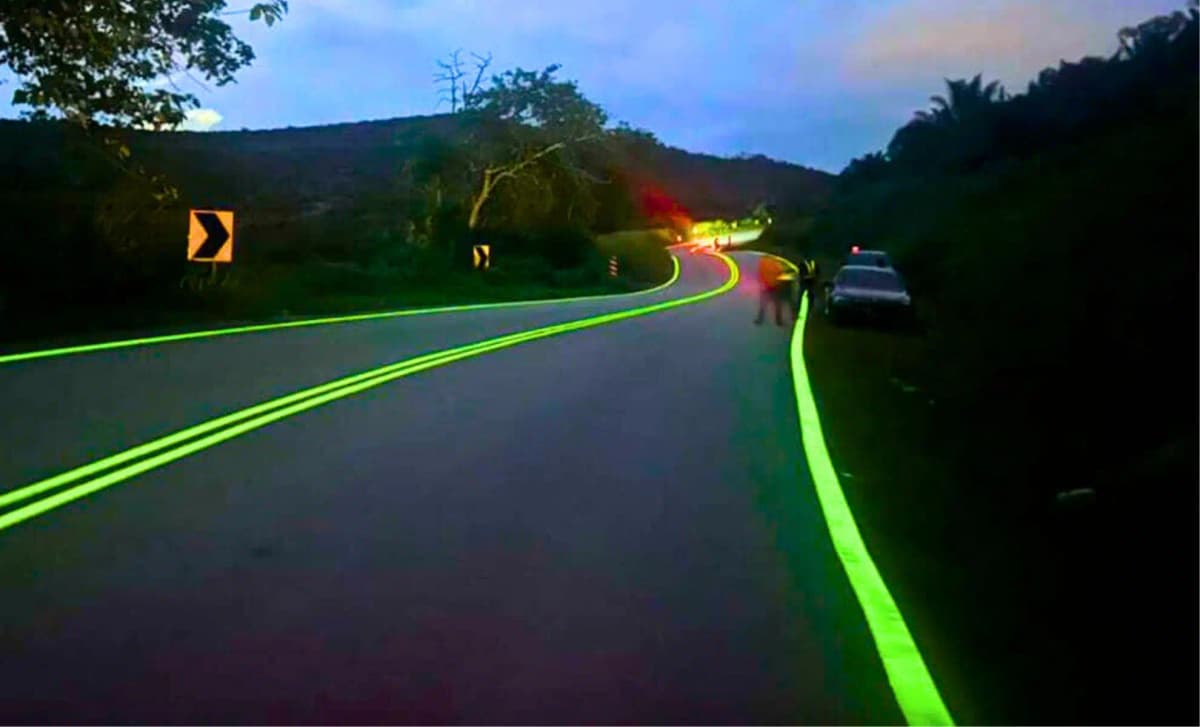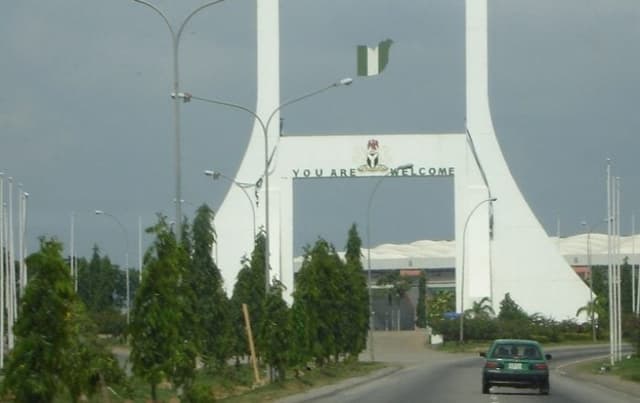
In October 2023, a two-lane rural road near Semenyih, Malaysia, lit up—not with traditional streetlamps, but with photoluminescent paint, designed to glow in the dark for up to ten hours after sundown. The markings, painted along a 245-meter stretch, were meant to guide motorists safely through an area long plagued by poor lighting and frequent power outages.
In a country where over 6,000 people die in road accidents each year, many on unlit rural roads, the idea appeared to be both timely and pragmatic. Malaysia’s Public Works Department (JKR) introduced the initiative as part of a broader push to modernize road safety infrastructure, particularly in underserved regions.
According to reporting from The Straits Times, the public reaction was overwhelmingly positive, with many drivers praising the visibility of the glowing lanes during heavy rain and fog—conditions that typically render conventional markings nearly useless.
But less than a year later, that glow—symbolic and literal—has dimmed. In November 2024, Deputy Works Minister Ahmad Maslan told Parliament that the government would not move forward with wider implementation. The reason, he said, was simple: cost. According to Paul Tan’s Automotive News, the price per square meter for photoluminescent paint is RM749, nearly 20 times more expensive than the RM40 required for standard white road markings.
Glow-in-the-dark road markings are not unique to Malaysia. Trials have been conducted in the Netherlands and Japan since the early 2010s, using strontium aluminate-based paint that absorbs sunlight by day and emits a low-level glow by night—without any electricity. But in most cases, these were aesthetic or experimental installations, often limited to short stretches of highway or bicycle paths.
Malaysia’s attempt was more ambitious: a serious trial to assess whether photoluminescent markings could replace traditional lighting infrastructure in low-income or remote areas. As Works Minister Alexander Nanta Linggi explained during a site visit, the glowing lines performed well under wet and foggy conditions and remained visible for hours into the night—factors that could improve driving safety, especially where streetlights are sparse or unreliable.
Social media users took notice. “Malaysian roads will look really lit—no pun intended,” joked one user on Instagram, quoted by The Straits Times. Others urged the government to roll out the technology on all rural highways and village roads, where visibility remains a persistent hazard.
Despite this initial enthusiasm, the economics quickly turned. According to Ahmad Maslan, trials in Selangor and Johor failed to meet expectations, both in performance and in cost justification. Plans to extend the system to 15 locations across Selangor, as well as 31 pilot roads in Johor, were ultimately shelved after internal reviews.
The issue wasn’t just upfront cost. Experts at the Malaysian Institute of Road Safety Research (MIROS) reportedly raised concerns about durability, especially in Malaysia’s humid, high-rainfall climate. Similar concerns were documented in a 2021 study in the International Journal of Pavement Research and Technology, which found that photoluminescent coatings in tropical environments degrade faster, often requiring reapplication within 18 months.
Given these limitations, officials argued that scaling up the project would divert funds from more pressing infrastructure needs. “We ran tests, but it did not satisfy the experts from the ministry,” Maslan stated, according to Paul Tan.
The pivot away from the glowing lanes also mirrors a shift in public tone. While early reactions celebrated the innovation, later feedback focused on more basic infrastructure concerns—potholes, faded lines, poor signage. On Facebook and X (formerly Twitter), users urged the Public Works Department to prioritize long-standing issues rather than investing in high-tech experiments. (Daily Galaxy)



























NEWS EXPRESS is Nigeria’s leading online newspaper. Published by Africa’s international award-winning journalist, Mr. Isaac Umunna, NEWS EXPRESS is Nigeria’s first truly professional online daily newspaper. It is published from Lagos, Nigeria’s economic and media hub, and has a provision for occasional special print editions. Thanks to our vast network of sources and dedicated team of professional journalists and contributors spread across Nigeria and overseas, NEWS EXPRESS has become synonymous with newsbreaks and exclusive stories from around the world.